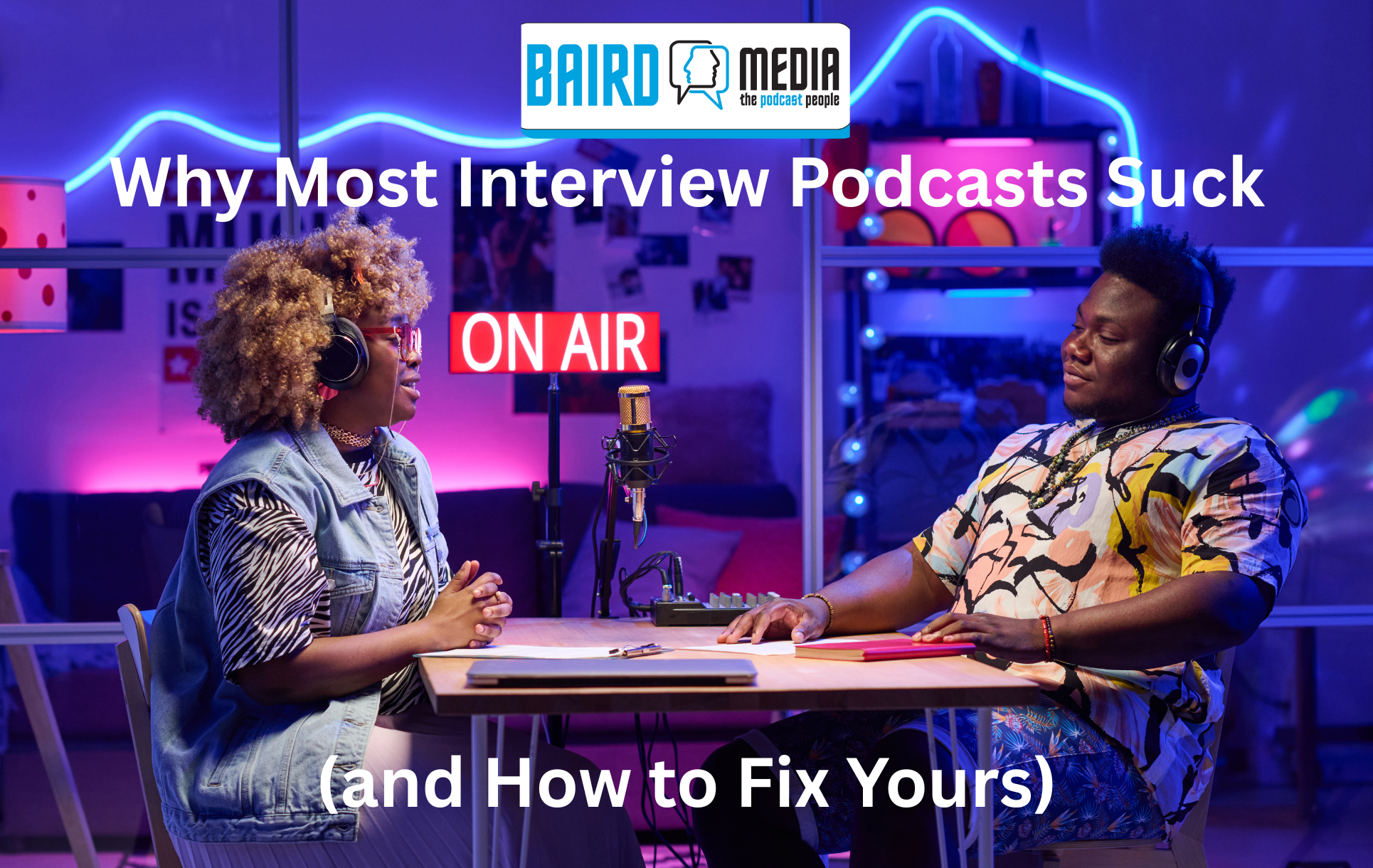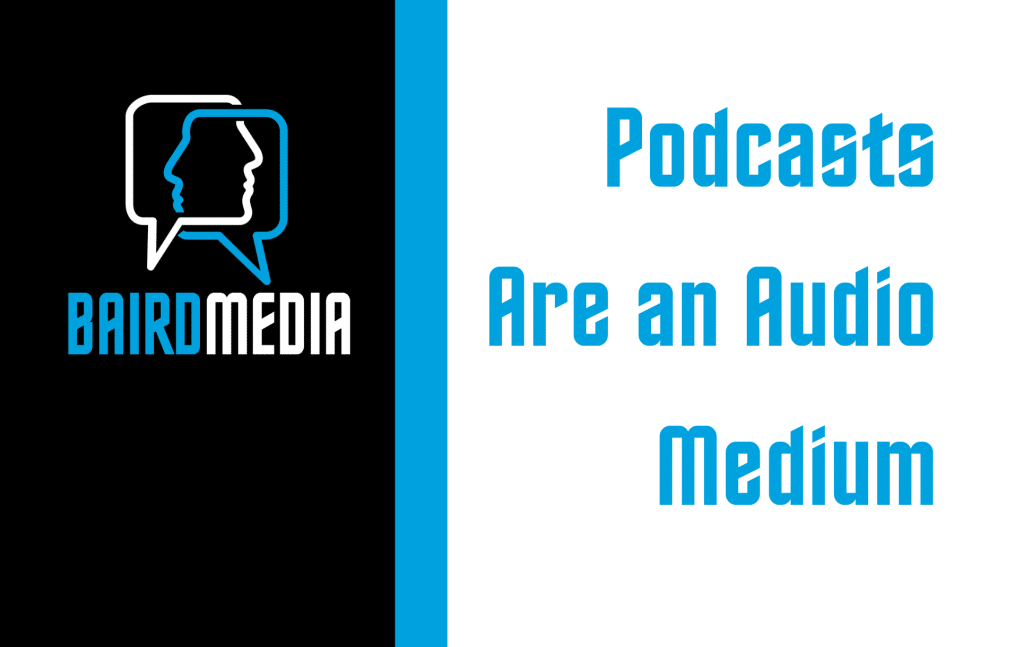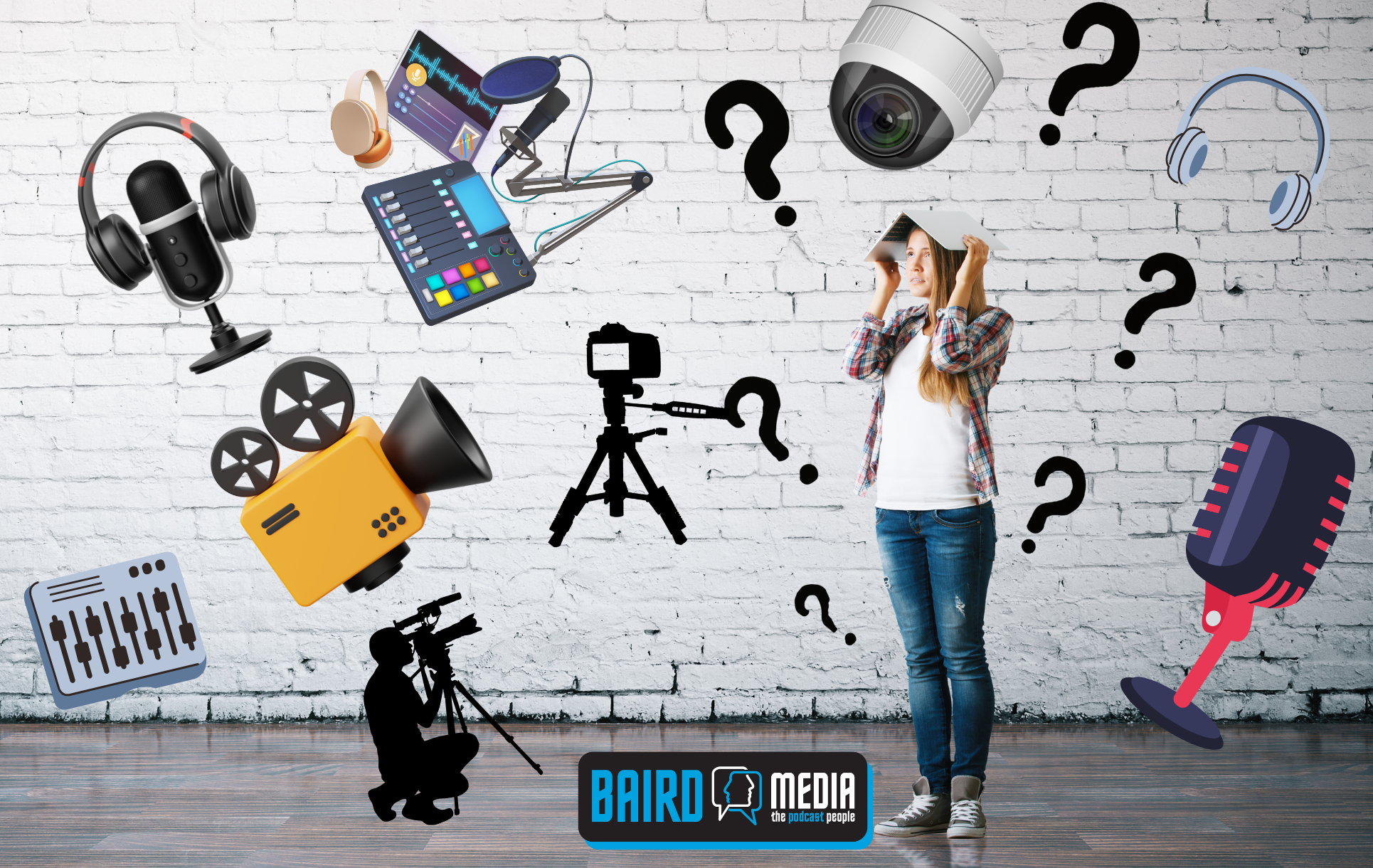

In South Africa, the term “podcast” has increasingly become synonymous with video content, often leading to confusion about what a podcast truly is.
While video productions can be engaging, purists argue that podcasts are, at their core, an audio-first medium designed to immerse listeners through sound alone.
This article explores the origins, power, and accessibility of audio storytelling, making the case for why podcasts should remain rooted in their sonic identity rather than succumbing to video-first trends.
In South Africa, and increasingly across the world, the term “podcast” has started to blur its boundaries.
For many, especially younger audiences, “podcast” often conjures up images of well-lit studios, panel discussions, and video reels on platforms like YouTube or TikTok.
However, purists like myself argue that a podcast is, at its core, an audio-first medium—a unique art form designed to thrive through sound, not visuals.
The notion that a podcast must include video to be successful undermines the essence of what makes podcasts powerful and accessible.
To understand why podcasts are fundamentally an audio format, we must revisit their origins.
The term “podcast” is derived from the words “iPod” (Apple’s iconic MP3 player) and “broadcast.”
The idea was to create a portable, on-demand medium that allowed listeners to consume content while multitasking—whether commuting, exercising, or relaxing at home.
Audio was central to this concept because it liberated listeners from screens.
Podcasts democratized content creation by requiring minimal resources: a microphone, basic editing software, and an internet connection.
Video, on the other hand, demands lighting, cameras, and significant production efforts, limiting accessibility for creators and audiences alike.
Audio engages the imagination in ways video cannot.
A well-crafted podcast paints vivid pictures in the listener’s mind through voice, music, and sound design.
Think of acclaimed podcasts like Serial, The Daily, or Baird Media’s Stripped.
These shows draw listeners into compelling narratives without visuals, leaving room for personal interpretation and emotional connection.
When video enters the equation, the listener becomes a viewer, and the dynamic shifts.
Rather than co-creating the story with their imagination, the audience passively consumes what is presented.
This diminishes the intimacy and mental engagement that make podcasts so unique.
Audio-first podcasts are more accessible to creators and consumers alike.
For South Africans, where internet data costs remain prohibitive and smartphone usage is high, audio podcasts are a practical solution.
A 30-minute audio file consumes significantly less bandwidth than a video of the same length, making it easier for people in rural areas or with limited data plans to engage with the medium.
Moreover, audio is inherently inclusive.
People who are visually impaired or those who prefer to consume content while working or driving find audio podcasts more accommodating.
A shift toward video-first production risks alienating these audiences and undermining the universal appeal of the podcast format.
The popularity of platforms like YouTube and Spotify’s video feature has contributed to the rise of so-called “video podcasts.”
In South Africa, creators like MacG (Podcast and Chill) have embraced video as a way to reach larger audiences.
While this approach undoubtedly has merit for visibility and monetization, calling these productions “podcasts” muddies the waters.
At their core, these video-first shows are talk shows or web series, not podcasts in the traditional sense.
They prioritize the visual experience, often at the expense of high-quality audio storytelling.
While there’s nothing wrong with diversifying formats, labeling these productions as “podcasts” dilutes the medium’s identity and confuses audiences.
In South Africa, where the podcasting industry is still in its infancy, there’s an opportunity to define what the medium means.
Embracing an audio-first approach ensures that podcasts remain accessible, affordable, and inclusive.
Local creators like Gareth Cliff and platforms like Iono have shown that audio storytelling can captivate audiences without the need for video.
Furthermore, South Africa’s oral traditions—rooted in storytelling, poetry, and spoken word—align perfectly with the audio format.
Podcasts can build on this heritage, creating a uniquely South African form of content that doesn’t rely on global video trends.
As a podcast purist, I believe it’s crucial to protect the essence of the medium.
A podcast is an audio-first experience, and while video may complement certain productions, it should never define them.
By championing the audio format, we ensure that podcasts remain accessible, intimate, and imaginative—everything they were meant to be.
If you’re a creator or listener, consider the beauty of audio-only storytelling.
It doesn’t demand your full attention; it invites it.
It doesn’t dictate how you engage; it allows you to.
And in a world oversaturated with screens, the simplicity of sound is a powerful gift worth preserving.
Let’s keep podcasts true to their roots: an audio revolution, not just another video trend.
Your voice is your brand. Your podcast should sound like it.
We help creators, coaches, and businesses make shows that stand out – for the right reasons.
Book a free consultation and let’s build something powerful.


© Baird Media 2025